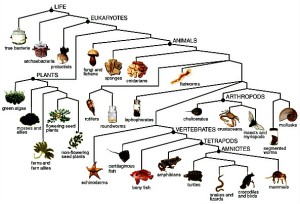 (source)
(source)
Family structures have always been confusing to me. There is what’s considered to be a normal family, with slight variations; then there are families that are perfectly capable of functioning and being happy, welcoming environments, but are perceived as less valuable or weaker versions of what a family should be.
The idea of a normal family consisting of a father, mother, sister, and brother has been perpetuated throughout the entertainment industry as well as others. Any variation from this cookie cutter model is considered an abnormal family structure, and is often used when portraying a character or advertising a product that is considered to be abnormal in some way. Single parent households are considered unbalanced, while families with many children are chaotic and disorderly. Television shows and books run the gambit with parents who’ve abandoned their children, or who have adopted strange kids from difficult circumstances, and there is always something that ends horribly wrong, or the writers try too hard to make it seem like these “broken” families are just as happy or appear just as normal as, well, a normal family would.
These stories call into question the definition of a family. If you look up the definition online, there are a dozen different definitions for what exactly a family should be defined as. However the words do not do the concept any justice. A family is idealized as a group of people you feel close to, feel safe with, or belong to. It’s about the people you surround yourself with, both by blood and by heart. Take for example the idea of an extended family, or a family that expands or contracts due to divorce or death. All of the people involved may not share the same genetics, but they would tell you they are (or were) part of the same family.
A family is another construct of humanity trying to control the society that they’ve built. The idea pigeonholes people into believing that there is only one combination of people that they are allowed to call family, and have forced the creation of a multitude of words to attempt to describe the people involved with someone’s life. Legal disputes try to keep the definitions carefully cultivated, but there is no way to do so based on the profound ways humans connect with each other and form social units.
There is no such thing as a “normal” family; if you look at your own, I’m sure you’d agree. Family are the people that love and care about you, even during the times when you feel you don’t need it or don’t deserve it. Family extends beyond biology, and the connections humans make with each other will never be able to be simplified into a single set of words.

